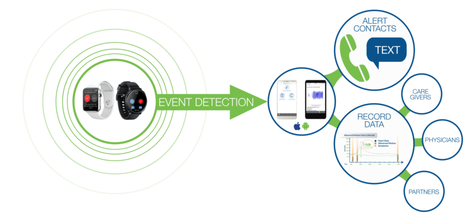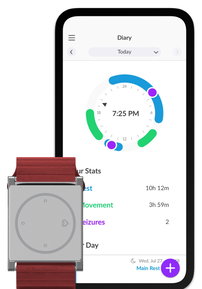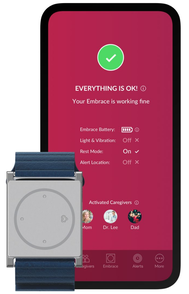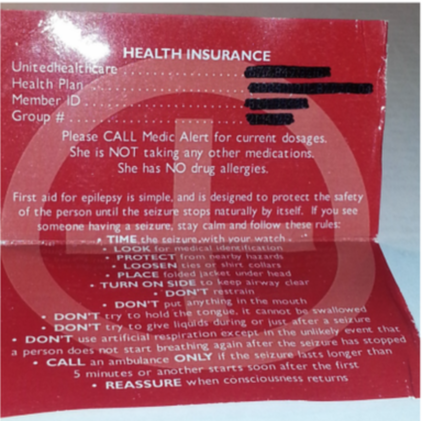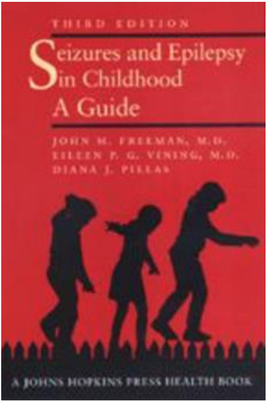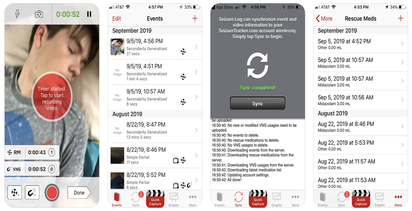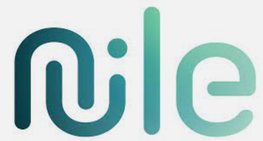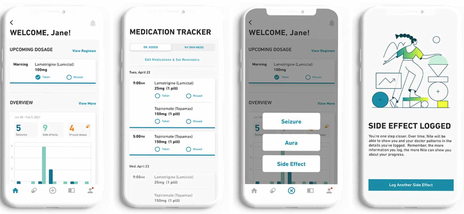With no cure in sight and an invisible disease always in the background, collecting as much information as possible for our physicians is just as important as letting mom and dad know you are ok! And if you are newly diagnosed, where do you turn to for some quick solutions?
Independence
Wearable technology devices detect "abnormal motion" such as convulsions and then send out an alert to the listed emergency contact.
Seizure Cards
New to epilepsy and want absolutely nothing to do with it?! Despite not wanting to talk about epilepsy, Channing still had to be safe. Channing's family created wallet-sized seizure cards with medical information, medication information, emergency contacts, and what to do and not to do in the event of a seizure. Seizure cards were given to friends, teachers, coaches, tutors, anybody and everybody.
Knowledge Is Power
There is little known about epilepsy. If knowledge is power, then as a patient the best thing you can do is educate yourself. Since Channing's first seizure in 2003, Seizures and Epilepsy in Childhood: A Guide has been her family's immediate go-to book for information and dubbed "The Epilepsy Bible." The key take away from the book was that patients must advocate for themselves!
Seizure Calendar
Other than data collected from EEGs, CTs, and MRIs, the only information neurologists and epileptologists really have to go off of is the information we as patients provide them with. The seizure calendar has proven time and time again to be the most valuable tool we carry with us to every appointment. Channing's seizure calendar includes illness, increased stress, full moons, medication changes, menstrual cycles, changes in seizure presentation, etc.
Medical Identification
